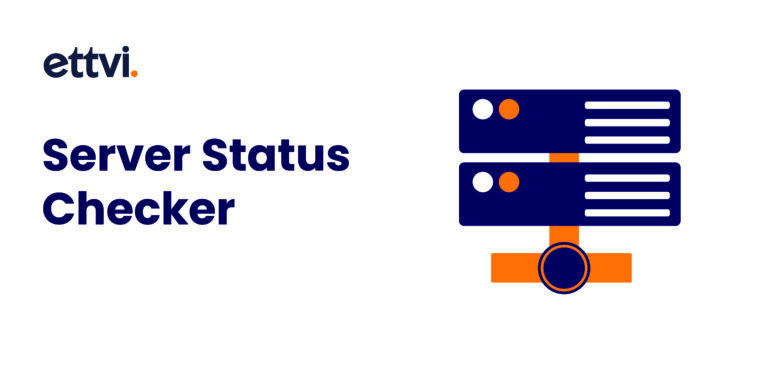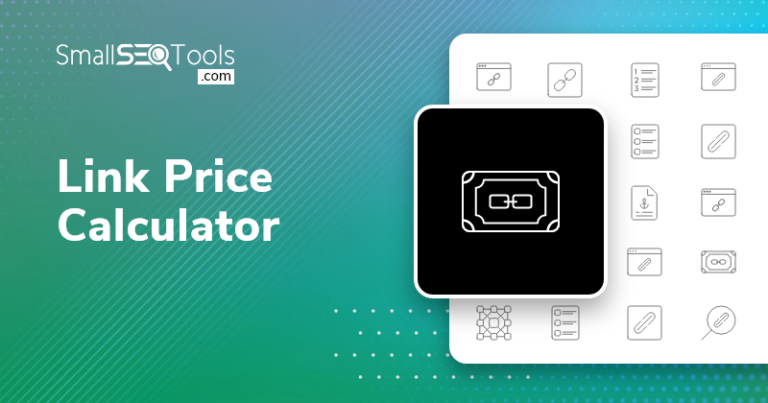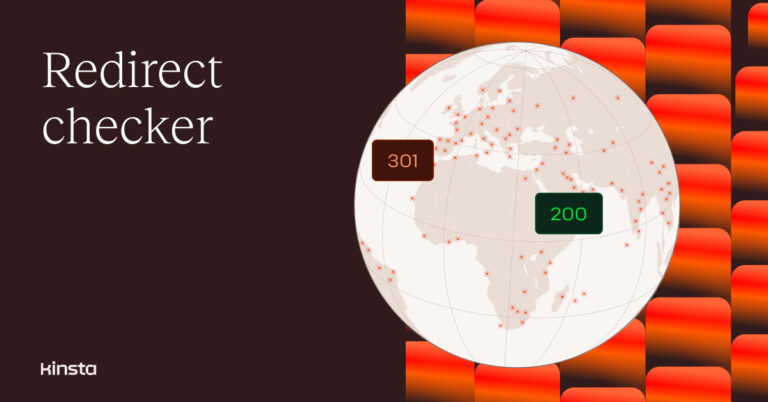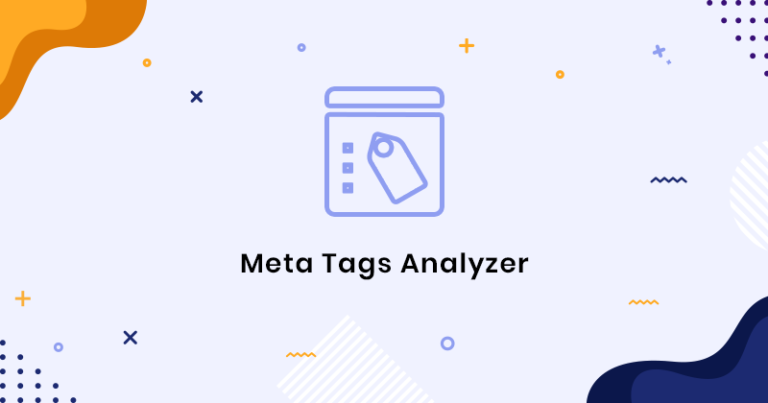Unlocking the Secrets of the Web: A Deep Dive into WHOIS Checker
Ever wondered who’s behind that sleek-looking website you stumbled upon? Or maybe you’re curious about the origins of a popular blog or brand. That’s where a WHOIS checker comes into play! With just a few clicks, it uncovers key details about any domain name — like ownership, registration dates, and even contact info. Whether you’re an SEO enthusiast, a cybersecurity professional, or just a curious web surfer, understanding how to use a WHOIS checker can help you make more informed decisions.
In this article, we’ll break down everything you need to know about WHOIS checkers. From understanding what it is and why it’s essential, to practical tips for using one effectively, let’s unlock the secrets of the web together!
What is a WHOIS Checker?
Before diving into the nitty-gritty, let’s start with the basics. A WHOIS checker is a tool that allows you to look up essential details about any registered domain name. The WHOIS database, maintained by ICANN (Internet Corporation for Assigned Names and Numbers), is like a public directory where information about domain ownership and registration is stored. Using a WHOIS checker, anyone can search this database to find out:
- The domain owner’s name and organization
- Contact details (email and phone number)
- Domain creation and expiration dates
- Registrar information
It’s a bit like a phonebook for the internet!
Why Use a WHOIS Checker?
There are tons of reasons why people use WHOIS checkers. From casual users to digital marketing pros, it’s an incredibly versatile tool. Let’s break down some of the most common reasons:
- Researching Website Ownership:
Maybe you’re thinking about buying an existing domain, or maybe you’re curious about who owns a specific site. A WHOIS checker reveals exactly that! - Checking Domain Availability:
Dreaming up a perfect domain for your new blog or business? Use a WHOIS checker to see if it’s taken. If it’s available, you’re in luck — if not, you can see when it expires and potentially grab it later. - Cybersecurity and Fraud Prevention:
WHOIS data can help verify the legitimacy of a website. If you suspect a site is up to no good, checking its registration details can provide insights and protect you from scams. - Tracking Domain Expirations:
WHOIS checkers display a domain’s registration and expiration dates, which can be handy if you’re keeping tabs on when to renew your own domain or a competitor’s. - Boosting SEO Strategies:
Want to check out the competition? Looking at domain age, owner history, and registration patterns with a WHOIS checker can inform your SEO game.
How Does a WHOIS Checker Work?
Using a WHOIS checker is easy! Here’s how it typically works:
- Enter the Domain:
Just type the domain name you’re curious about into the WHOIS checker search bar. - Get the Results:
Within seconds, you’ll receive the WHOIS data, including information about the domain owner, registrar, and key dates. - Analyze the Data:
Use the information to make decisions based on your goals — whether that’s buying a domain, contacting the owner, or just satisfying your curiosity.
Most WHOIS checkers are free, but some offer premium versions with more detailed insights, including historical WHOIS data or alerts for changes in a domain’s registration.
Key WHOIS Checker Features
Here are some features that make WHOIS checkers incredibly useful:
- Domain History Lookup
Some tools allow you to see the history of a domain, including previous owners and changes in registration. It’s like peeling back the layers of a website’s past! - Bulk WHOIS Checks
Need to check multiple domains at once? Bulk WHOIS checkers let you input a list of domains and get results for all of them in one go. - Alert Notifications
Certain WHOIS checkers offer email alerts for changes to domains you’re monitoring, keeping you updated without constant re-checking. - Privacy Protection Information
If a domain owner has chosen to keep their details private, the WHOIS checker will indicate that. This helps you understand if privacy measures are in place.
Popular WHOIS Checker Tools
Now that you know what a WHOIS checker does, let’s look at some popular tools on the market:
- Whois.net
A user-friendly, basic WHOIS lookup tool. Perfect for casual searches and learning about domain basics. - ICANN WHOIS
As the official WHOIS database, ICANN’s checker is highly reliable and straightforward for anyone who wants to see raw, unaltered WHOIS data. - DomainTools
A premium WHOIS checker with extensive features, including domain history, ownership reports, and more in-depth analyses. - GoDaddy WHOIS
GoDaddy offers an accessible WHOIS checker that’s beginner-friendly and links easily to domain purchasing options if the domain is available. - WhoisXML API
Advanced users can tap into WHOIS data via API for applications that require integration with their own software.
How to Use a WHOIS Checker for SEO
WHOIS data can actually play a sneaky but significant role in your SEO strategy! Here’s how:
1. Identify Strong Domains
Aged domains often carry authority in SEO. If you’re looking to build backlinks, checking a site’s domain age and registration can help you choose strong, authoritative sites to connect with.
2. Check Competitor Domain Histories
Wondering if a competitor rebranded or changed ownership? Use a WHOIS checker to view domain history. This can offer insights into competitor strategies, and you may find ways to differentiate yourself.
3. Avoiding Toxic Backlinks
Some websites have spammy histories that could harm your site’s ranking. By running a WHOIS check, you can spot domains with bad records before linking back to them, protecting your site from potential penalties.
FAQs
What’s the difference between public and private WHOIS information?
With public WHOIS information, the domain owner’s details are accessible to anyone. With privacy protection (offered by most registrars), these details are hidden, and the WHOIS checker will only show the registrar’s proxy information.
Can I contact the domain owner directly through WHOIS info?
Yes, you often can — unless the owner has opted for privacy protection. Even then, you may sometimes see an email or form provided for contact.
Are WHOIS checkers legal to use?
Absolutely! WHOIS checkers are entirely legal, and WHOIS data is publicly accessible. However, it’s important to use the information ethically and not for spam or unsolicited contact.
Conclusion
A WHOIS checker is like your backstage pass to the internet, giving you a peek behind the scenes of any website. Whether you’re researching domains, protecting yourself from potential scams, or looking for ways to enhance your SEO strategy, this tool is an invaluable asset in any digital toolkit. And the best part? It’s free, fast, and easy to use.






